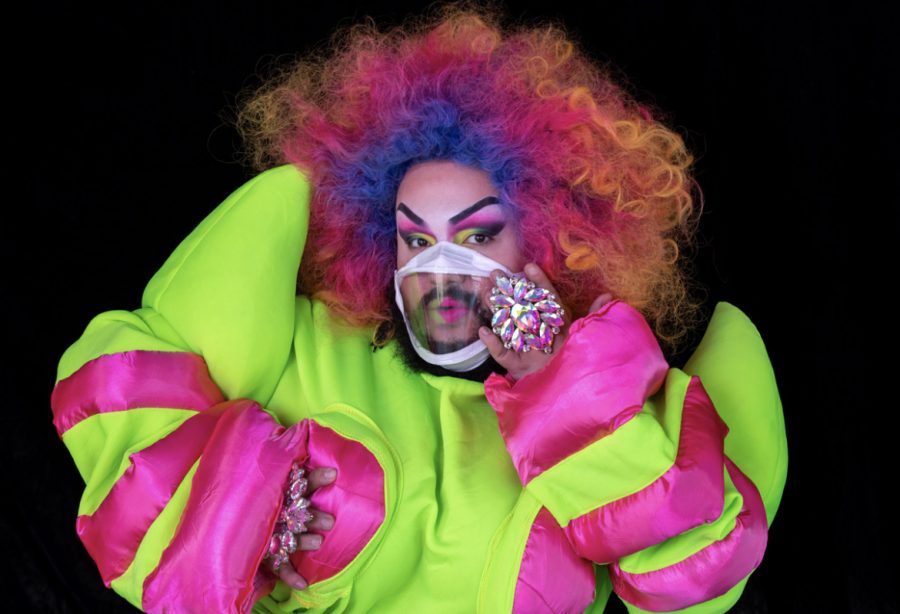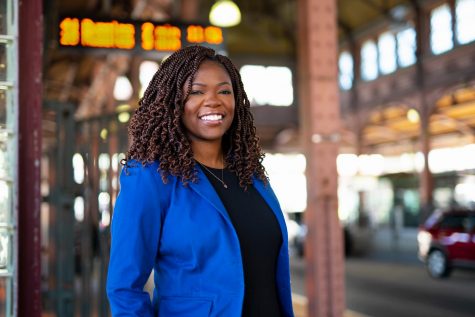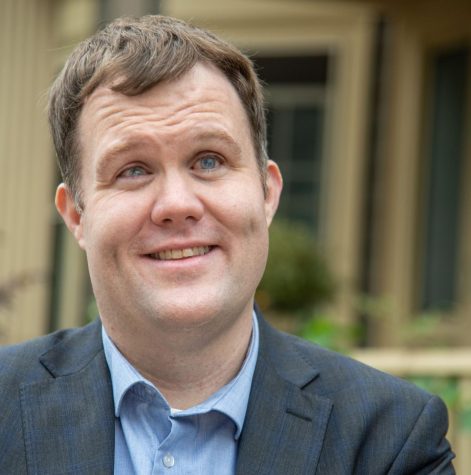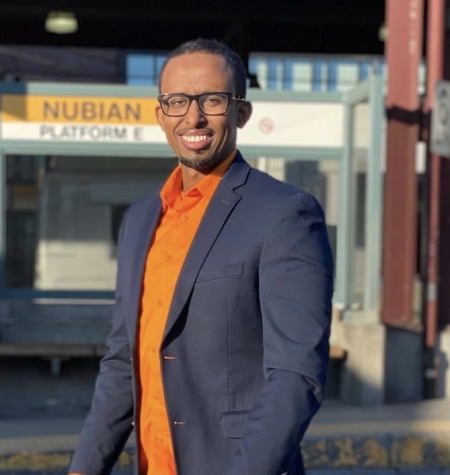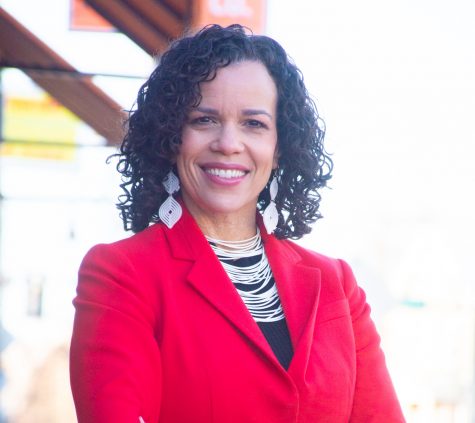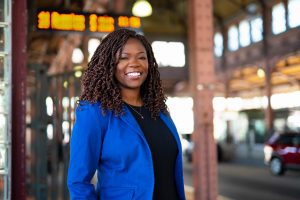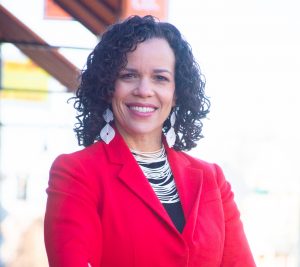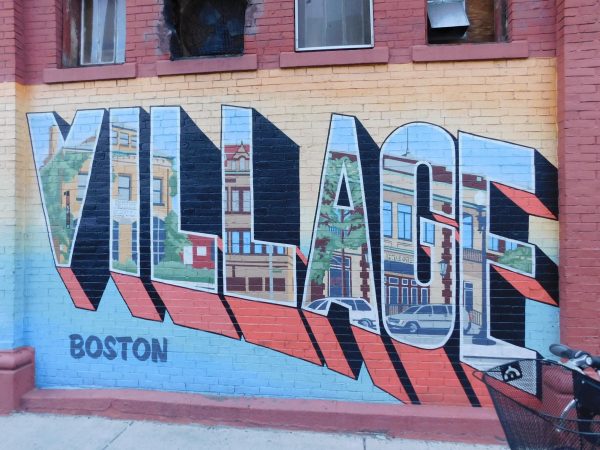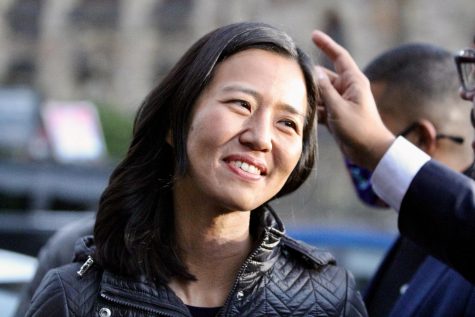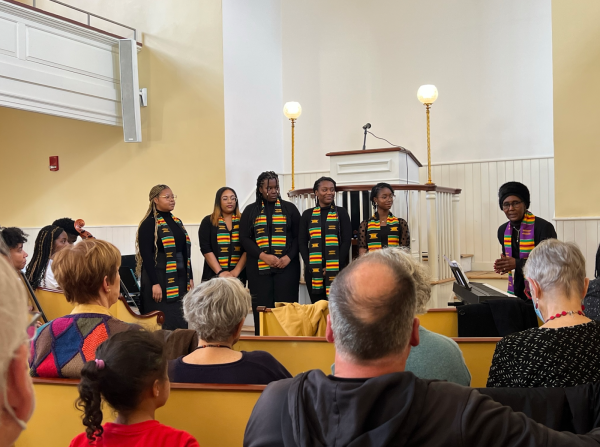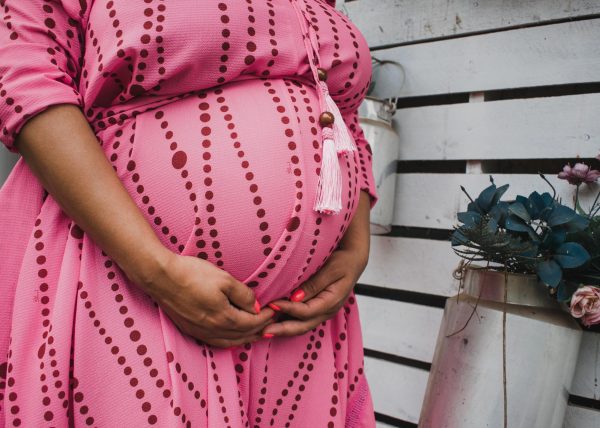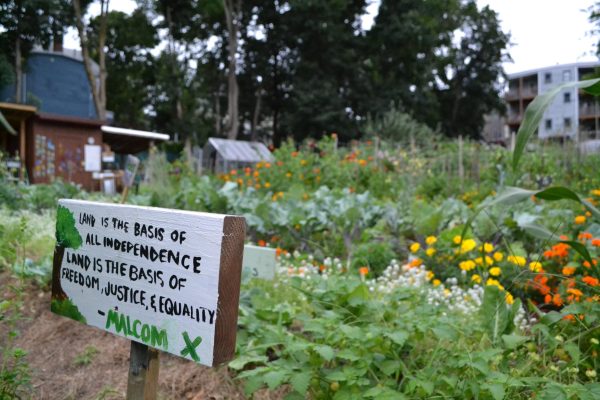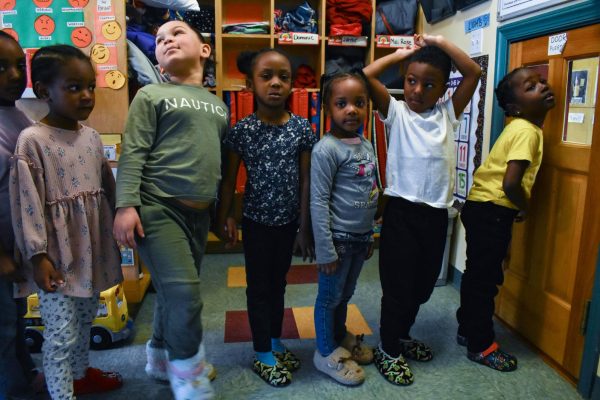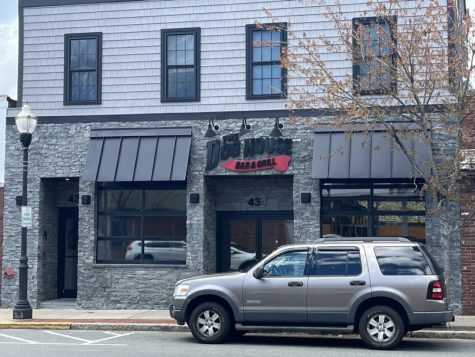On and off the stage, Boston’s drag queens are a family
“It doesn’t matter who you are, what you are — you can come here and just be yourself and have a great time.”
Photo: Courtesy of Just JP
Headshot of drag performer Just JP.
Before Just JP takes the stage at Boston’s Jacques Cabaret on Monday nights to put on an original drag performance called “Casual Drag Stroll,” the drag queen has to choreograph their performance, collaborate with the club on lighting and sound, and pay for all of their own makeup, wigs and costumes. All of that work is unpaid, and it is just one of the many hurdles that drag queens face.
On the stage, JP is often mislabeled, undertipped and treated like a spectacle rather than a human — an unfair reality that follows many of America’s drag performers. But off the stage, JP’s fellow kings and queens wait in the audience to shower the performer with their love and support.
Boston’s drag queens, kings and everyone in between belong to a family bonded by love rather than blood. Their bond is what keeps drag queens performing and what inspires the welcoming nature of their shows.
“They’re my chosen family,” JP said. “A lot of my siblings in drag are people who I love and care about as if they were my siblings.”
Boston’s drag performers create a sense of family on and off the stage. When audience members walk into a drag performance — whether a sensual cabaret dinner or a glamorous brunch — they know they will not be judged for their physical appearance or how loudly they celebrate.
“Drag shows are really energized and very welcoming in a different way,” audience member Quindlan Mace said at an October drag show in Boston.
What is drag?

Drag can be a facet of a person’s identity, a hobby, an occupation in which a person performs in drag, or a combination of these. Most often, people choose to dress up as a personal hobby and decide to become a drag performer if they have an aspiration to be on stage.
According to JP, drag does not see gender, nor does the community. While drag is commonly known as men “dressing up” as women, drag has evolved to be anyone dressing up as anything to feel empowered. Drag does not appear and act like the opposite of one of two binary genders, JP said, but it embodies whichever aspect of gender fluidity that a person desires.
The terms “drag queen” and “drag king” are most commonly used to describe the gender that a performer appears as. JP — beard and all — performs on stage in a dress and makeup, earning them the title of a drag queen.
“I have to demand respect sometimes, especially as a bearded performer,” JP said. “Five years ago when I started, I would hear it every week, ‘Oh my god, you’re so pretty! I just wish you would shave your beard.’ To me, that’s a backhanded compliment.”
Drag queens and kings often choose drag names. Just JP was given a different name at birth, but because they prefer being referred to by their drag persona — as do many drag queens and kings — it is more respectful to call them by their preferred name and pronouns. JP’s pronouns are “they,” “them” and “theirs,” as they do not prefer binary pronouns.
“A lot of people that do drag would describe drag as a really shiny, glittery, flamboyant superhero,” JP said. “Drag isn’t about jumping back and forth between the binary. Drag is about a superhero, who isn’t bound by whatever rules society has.”
What is performing like?
JP has always loved being on stage; As a child, they reported every Sunday morning to the San Jose de la Montaña El Salvadorian Catholic parish and recited psalms to their community in the audience. But after relocating to Cambridge, Massachusetts at 20 years old, JP found out that their church community in El Salvador expressed hateful views towards the LGBTQIA+ community.
After briefly living in Memphis, Tennessee, JP moved to Boston and tried returning to church in hopes of reconnecting with their roots, despite the pain their previous church community had caused them. JP felt more lost after finding American Catholic churches to be both culturally different and more vocal in their views against the LGBTQIA+ community. But nail polish, makeup, clubbing and glamour would come to JP’s rescue.
“We got nails, we got makeup, but if I was going to start going to the club, I needed cute clothes to wear,” JP said. “So I started finding dresses. I didn’t know who I was or who I wanted to be, but that’s a valid aspect of drag.”
DJ Begbick, a host at Club Café nightclub in Boston, helped pave the way for JP’s introduction to nightlife in Boston as one of their roommates at the time. It was there that JP met Boston drag performers Yuni Neptune, Sham Payne and Violencia!, their now close friends and “siblings.”
On a Wednesday night at Boston’s Machine nightclub five years ago, host Violencia! and DJ Coleslaw asked JP, “Are you performing tonight?” in a joking tone. Even though JP had never performed in drag before, the recent surprise release of Beyonce’s album “Lemonade” and JP’s conveniently-colored yellow dress inspired them to perform.
“I was like, ‘Oh, wow, there are people that are not just clapping, but also giving me money,’” JP said. “And I just kept performing. I would go every Monday religiously to Machine for All-Star Mondays.”
JP does a lip-sync performance and simultaneously dances amidst the audience. Some drag performers sing live, dance, host entire shows, produce, do comedy or a combination of these. Audience members are expected to tip when drag performers come around to their table, as tips make up most of their profit.
JP has been living in East Boston for the last few months as a freelance drag entertainer and nightlife producer. JP also acts as their own manager, human resources agent, social media specialist, hairstylist and makeup artist, with support from their partner, Payton James, for the last three years.
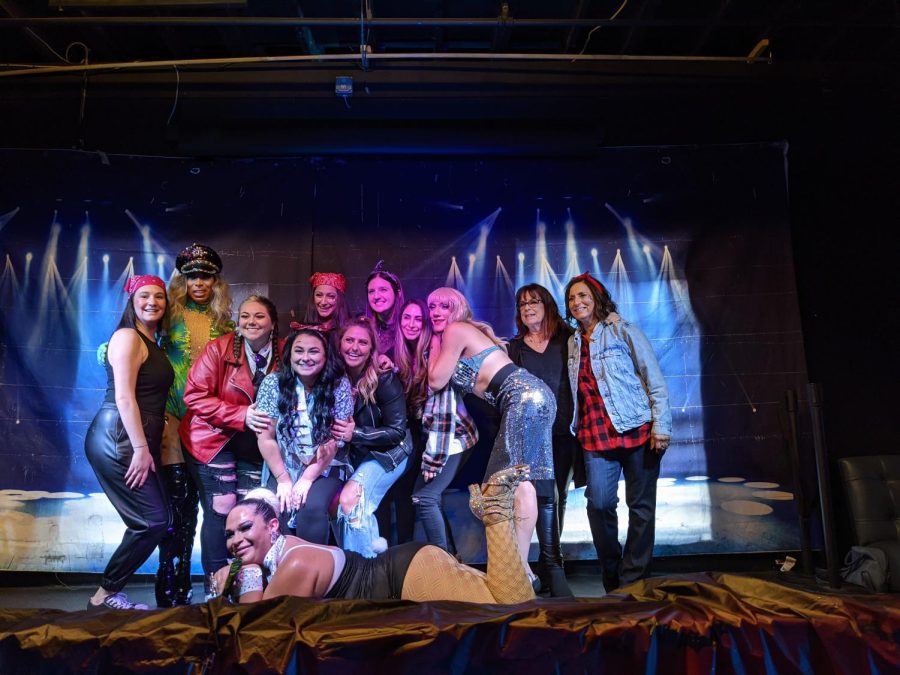
(Photo: Delaney Murray)
The job is not as glamorous as the performers
“Pay us what we’re worth,” JP said. “I struggled to understand why people think that they can get away with underpaying us and treating us like shit when we’re literally the entertainment. You wouldn’t hire Lady Gaga and ask her to change in a broom closet.”
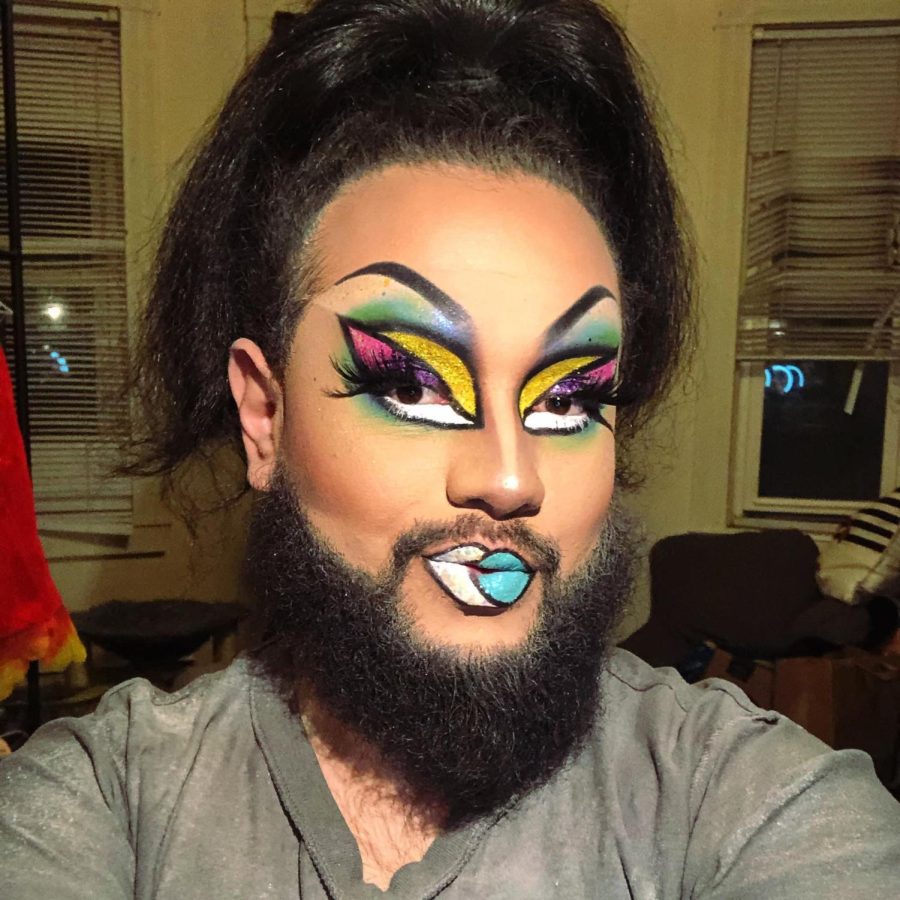
Before getting on the stage, JP has to land a gig, negotiate a rate and the terms of the performance. Then they have to promote their show to generate sales at the club, choreograph, edit background visuals and coordinate lighting and sound with the club, prepare promotional photos and lastly, prepare backstage before their performance.
All of that work is unpaid, and all of those expenses are out of pocket — an obstacle most drag performers face.
For JP, the performance does not end off stage. Drag is integral to self-expression both professionally and personally, and JP wishes that audience members understood that drag performers are also humans.
“The performance doesn’t end when the music ends,” JP said. “I feel very much like a performer when I’m mingling [with the audience]. I genuinely love and I am thankful when people come to my shows, but there are times when I have to disconnect.”
JP is able to disconnect from their drag-performing persona with the support of their partner and fellow drag friends. JP attributes their personal happiness and passion for drag performing to their relationships.
But the burdens create bonds
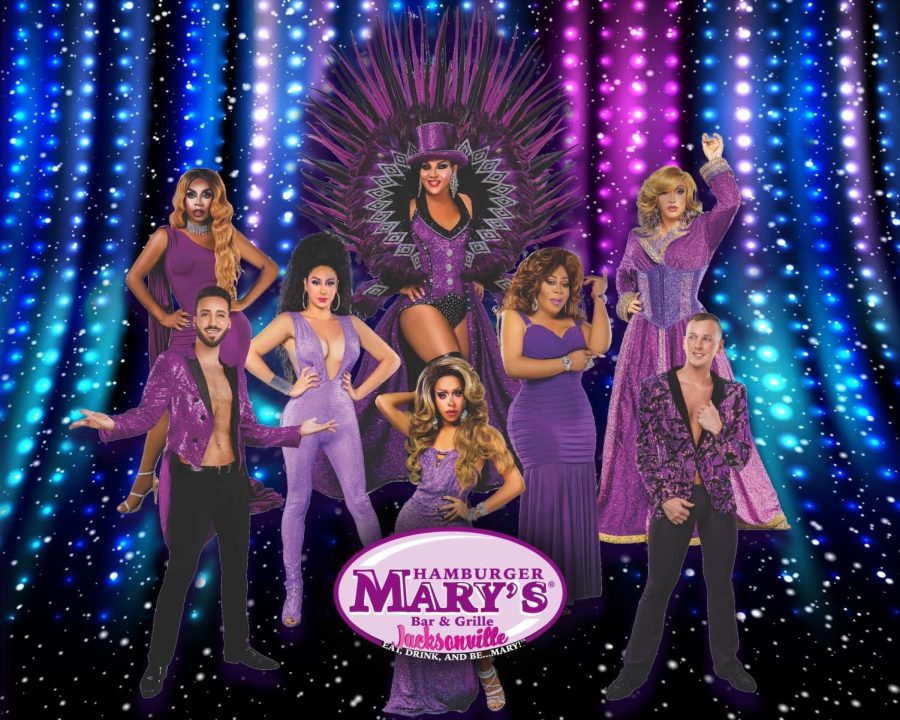
(Photo: provided by Brittany Moore)
While existing and profiting outside of societal norms is always an uphill battle, drag kings and queens have always found support in one another. Brittany Moore, a drag performer and the entertainment director for Hamburger Mary’s in Jacksonville, Florida — an “open-air bar and grille for open-minded people” — is channeling that in her business.
Hamburger Mary’s is a franchise located across America with the intention to foster an inclusive environment and a safe place for members of the LGBTQIA+ community. The diner has its own drag performing cast at Moore’s location and hosts about 10 drag shows a week — from brunches to full nighttime productions.
Moore’s long-time fiance, Gary Motes, opened up the diner’s Jacksonville location 11 years ago and managed it for almost a decade. With his daughter and Moore’s stepdaughter, Katie Motes, now managing the diner, Hamburger Mary’s is considered a family.
“I’m spoiled,” Moore said. “Since my family owns Mary’s, we’ve always had great treatment. I think there’s still a lot that people need to learn, but I love it, and I’ll stay in it as long as I’m having fun.”
While Hamburger Mary’s does not have a Boston location at this time, JP encourages supporters of artists and of the LGBTQIA+ community to attend drag shows at local venues. JP hopes audience members will come away from a drag performance with more respect for the art of drag, enhancing the love for gender non-conforming individuals as a whole.
Kings and queens don’t just perform for themselves
“We’ve always prided ourselves in saying, ‘It doesn’t matter who you are, what you are — you can come here and just be yourself and have a great time,’” Moore said.
After attending a drag show, audience members come away with feelings of excitement, acceptance and belonging. Moore was inspired to become a drag performer after seeing her first show in Miami of Alina Hemingway.
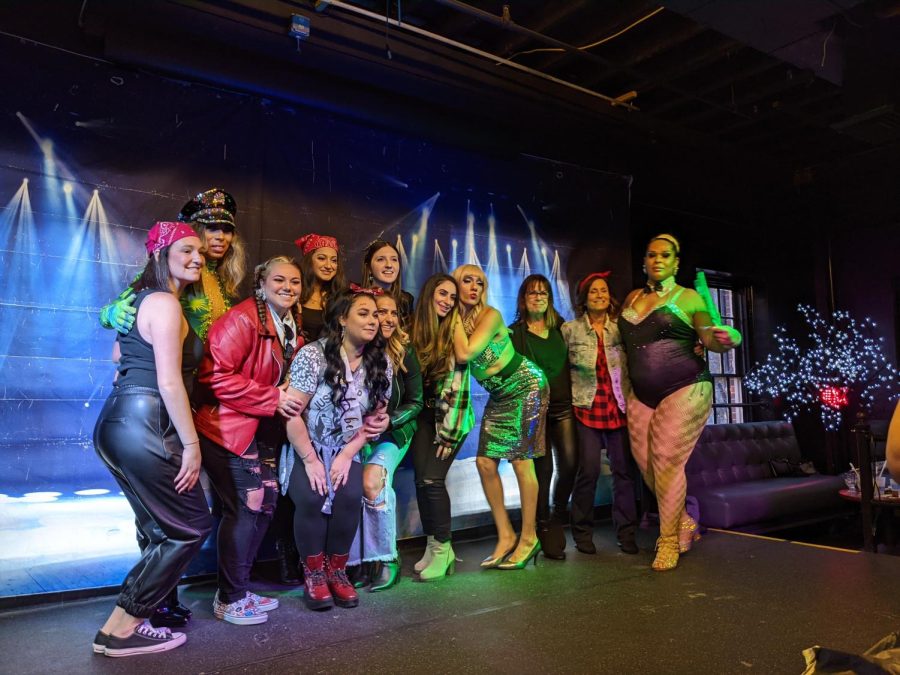
“I think drag was always something I knew about but never experienced, especially as a kid,” audience member Allison Tamburrano said at a drag brunch hosted at Hennessy’s in Boston. “Now seeing what their performance and work is like, I’d love to really delve into the culture more and support these artists.”
Drag shows have become immensely popular in the LGBTQIA+ community, as they show queer youth that they can be entertainers on a stage, too. But JP and Moore hope that drag can become an art form supported by everyone.
“I have probably been to over five [drag shows]… all in Kansas City, Missouri,” Emily Long said, a bachelorette-party member visiting Boston.
Though some audience members are hesitant about the idea of drag, Moore has witnessed performances open up minds. Hamburger Mary’s hosts family-friendly shows and Moore hopes that more families will expose their children to the family of drag that has raised her own.
“We had a family come in — they were looking for a hamburger, and they had no idea they were walking into a drag bar,” Moore said. “They stayed the entire show with their kids. At the end of the show, I said, ‘thank you for being open-minded,’ and they left saying thank you.”
Drag queens and kings aim to create safe and expressive places for themselves and others, and they’re ready to welcome new members into their family at any time.
“We have to be able to not put conditions on our love, and we have to teach our children the same thing,” Moore said.

